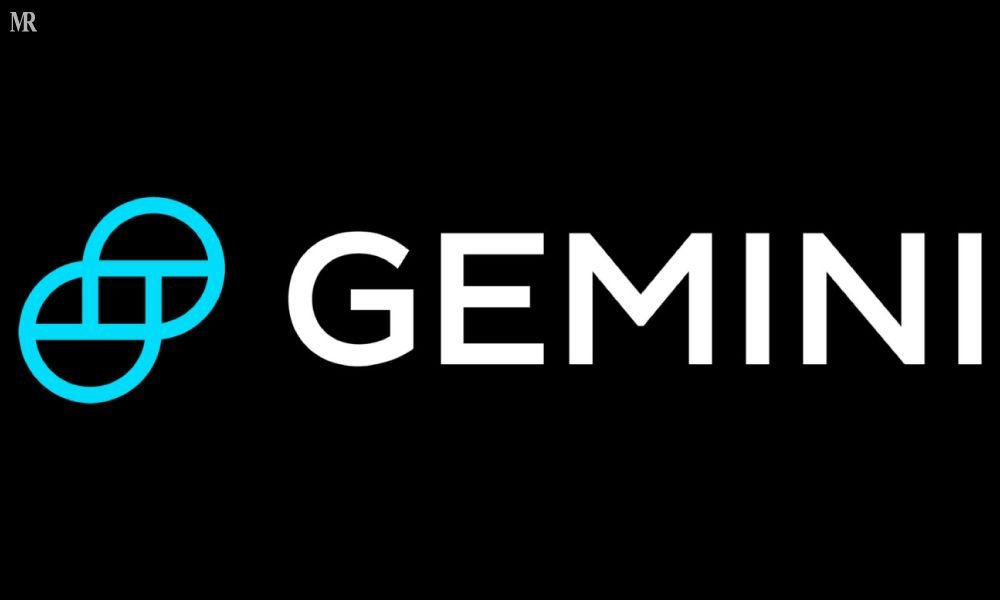The cryptocurrency landscape has been tumultuous, characterized by rapid growth, significant volatility, and numerous high-profile bankruptcies. Among these, the case of Genesis Global stands out. The crypto lender’s recent bankruptcy court ruling marks a significant milestone in its winding-down process, with approximately $3 billion set to be returned to customers.
However, the decision has significant implications for its parent company, Digital Currency Group (DCG), which will receive no recovery from the bankruptcy. This article delves into the intricate details of the Genesis Global bankruptcy, examining the court’s ruling, the implications for stakeholders, and the broader impact on the cryptocurrency industry.
Background of Genesis Global
Genesis Global, a prominent cryptocurrency lending platform, was once a cornerstone of the burgeoning crypto finance sector. The company offered a range of services, including lending, borrowing, and trading of cryptocurrencies. At its peak, Genesis facilitated billions of dollars in transactions, attracting a diverse clientele ranging from institutional investors to retail traders.
The company’s troubles began to surface amid the broader market downturn in early 2022. As cryptocurrency prices plummeted, Genesis faced increasing pressure from defaults on loans and declining asset values. By January 2023, the situation had deteriorated to the point where Genesis filed for bankruptcy, citing insurmountable financial challenges.
The Bankruptcy Proceedings
Genesis’s bankruptcy filing set off a complex legal process aimed at resolving the company’s debts and returning assets to creditors. Central to these proceedings was the challenge of valuing customer claims, especially given the volatile nature of cryptocurrency prices.
U.S. Bankruptcy Judge Sean Lane played a pivotal role in overseeing the case. On May 18, 2024, Judge Lane approved Genesis’s liquidation plan, which proposed returning approximately $3 billion in cash and cryptocurrency to its customers. This decision marked a significant victory for Genesis but delivered a blow to its owner, Digital Currency Group (DCG), which would receive no recovery from the bankruptcy.
DCG’s Objection and the Court’s Ruling
DCG’s objection to the liquidation plan centered on the valuation of crypto assets. The company argued that customer claims should be capped at the value of cryptocurrencies in January 2023, when Genesis filed for bankruptcy. This would have significantly reduced the total amount owed to customers, given the substantial rise in cryptocurrency prices since that time. For instance, Bitcoin’s price surged from $21,084 in January 2023 to around $67,000 by mid-2024.
Judge Lane, however, rejected DCG’s argument. He emphasized that even if the lower valuation were applied, Genesis would still need to prioritize paying other creditors, including federal and state financial regulators, whose claims totaled $32 billion. “There are nowhere near enough assets to provide any recovery to DCG in these cases,” Judge Lane wrote in his ruling.
The judge’s decision was based on the principle that customer claims should reflect the current value of their holdings, not the value at the time of the bankruptcy filing. This approach ensures that customers receive a fair and equitable return, considering the significant appreciation of crypto assets over the past year.
Impact on Customers
The court’s ruling has profound implications for Genesis’s customers. The approved liquidation plan aims to return funds in cryptocurrency wherever possible, although Genesis lacks sufficient crypto assets to fully repay all outstanding claims. Customers are expected to receive up to 77% of the value of their claims, contingent on future fluctuations in cryptocurrency prices.
Sean O’Neal, an attorney representing Genesis, refuted DCG’s assertion that customers could be paid in full based on the lower January 2023 valuations. “We don’t buy into the idea that claims are capped at the petition date value,” O’Neal stated. This stance underscores the commitment to ensuring that customers are compensated fairly, reflecting the current market conditions.
Implications for Digital Currency Group
The court’s decision is a significant setback for DCG. As the parent company of Genesis, DCG had hoped to recover some of its investments through the bankruptcy proceedings. However, Judge Lane’s ruling effectively eliminates any financial recovery for DCG, prioritizing the repayment of Genesis’s customers and other creditors.
This outcome could have broader implications for DCG’s financial health and its standing in the cryptocurrency industry. The inability to recoup losses from Genesis’s bankruptcy may force DCG to reassess its investment strategies and risk management practices. Additionally, this ruling may influence how parent companies approach support and oversight of their subsidiaries, particularly in the highly volatile crypto sector.
Broader Impact on the Cryptocurrency Industry
The Genesis bankruptcy and the court’s ruling resonate beyond the immediate parties involved, offering critical lessons for the broader cryptocurrency industry.
1. Regulatory Scrutiny and Compliance:
The Genesis case highlights the increasing regulatory scrutiny facing the cryptocurrency sector. The prioritization of claims by federal and state financial regulators underscores the importance of compliance with financial regulations. Cryptocurrency companies must ensure robust regulatory adherence to mitigate risks and avoid legal challenges.
2. Valuation of Crypto Assets:
The court’s decision to base customer claims on the current value of crypto assets rather than the value at the time of bankruptcy filing sets a precedent for future cases. This approach acknowledges the inherent volatility of cryptocurrencies and aims to protect customers’ interests. It may influence how future bankruptcy cases involving crypto assets are adjudicated.
3. Investor Protection:
The ruling underscores the necessity of robust investor protection mechanisms within the crypto industry. Companies must prioritize transparency, risk disclosure, and fair treatment of customers to build trust and resilience. This is particularly crucial in a market characterized by significant price swings and potential for financial loss.
4. Operational Risk Management:
The Genesis bankruptcy serves as a cautionary tale about the importance of effective risk management. Companies must implement stringent risk controls, particularly in lending and borrowing operations, to navigate market downturns and minimize exposure to defaults.
5. Future of Crypto Lending:
The challenges faced by Genesis may prompt a reevaluation of the crypto lending model. As the industry matures, companies may need to develop more sustainable lending practices, incorporating risk mitigation strategies to withstand market volatility.
The approval of Genesis Global’s liquidation plan marks a significant milestone in the company’s winding-down process, providing a measure of relief to its customers while delivering a blow to its parent company, Digital Currency Group. The court’s ruling underscores the complexities and challenges inherent in the cryptocurrency industry, from asset valuation to regulatory compliance.
For Genesis’s customers, the return of approximately $3 billion in cash and cryptocurrency represents a significant, albeit partial, recovery of their investments. For DCG, the ruling necessitates a reassessment of its financial strategies and risk management practices.
The broader cryptocurrency industry must take heed of the lessons from the Genesis case. As the sector continues to evolve, robust regulatory compliance, effective risk management, and investor protection will be critical to navigating the volatile landscape. The Genesis bankruptcy serves as a poignant reminder of the need for vigilance, transparency, and sound financial practices in the ever-changing world of digital finance.
Future Outlook
The outcome of the Genesis bankruptcy case may influence regulatory policies and industry practices in the years to come. As cryptocurrencies become more integrated into the global financial system, the need for clear regulatory frameworks and robust oversight will only grow. Companies operating in this space must stay ahead of regulatory developments and prioritize customer protection to ensure long-term sustainability and trust.
Moreover, the cryptocurrency market’s inherent volatility calls for innovative approaches to risk management. Future industry leaders will likely be those who can effectively balance growth with prudence, leveraging the unique opportunities of digital finance while safeguarding against its risks.
In conclusion, the Genesis Global bankruptcy and the court’s ruling provide critical insights into the challenges and opportunities within the cryptocurrency industry. By learning from these events, industry stakeholders can contribute to the development of a more resilient, transparent, and equitable financial ecosystem.
ALSO READ: Venezuelan Government Imposes Ban on Cryptocurrency Mining




